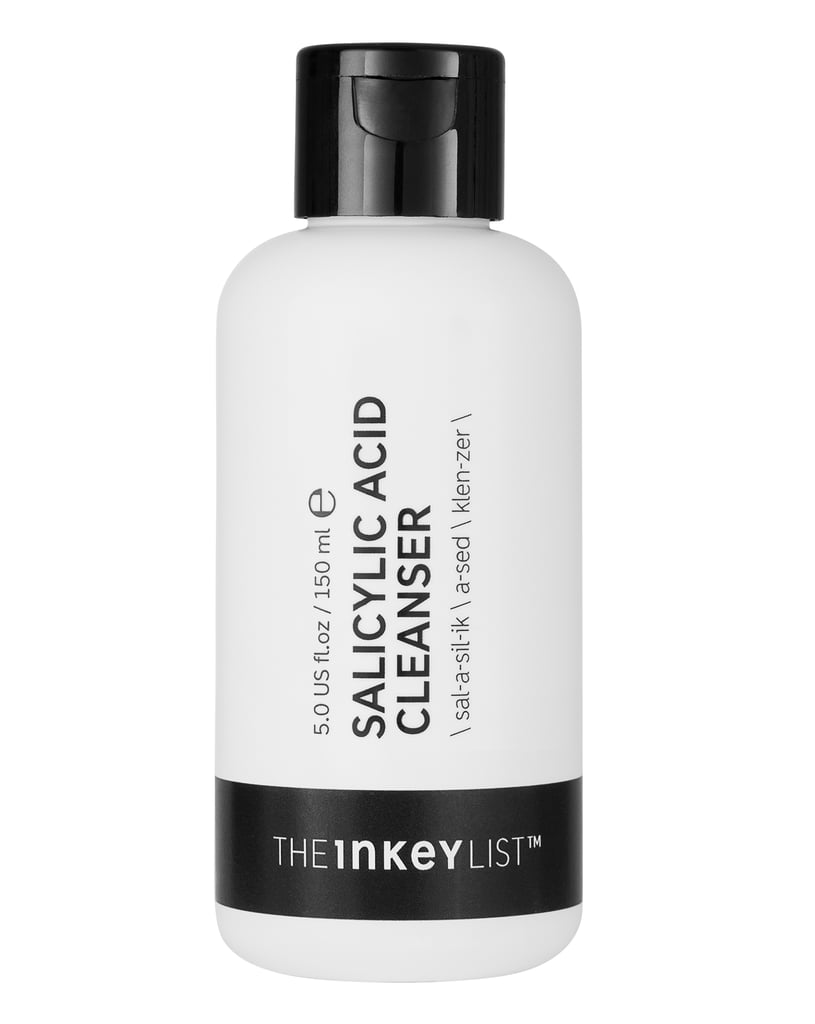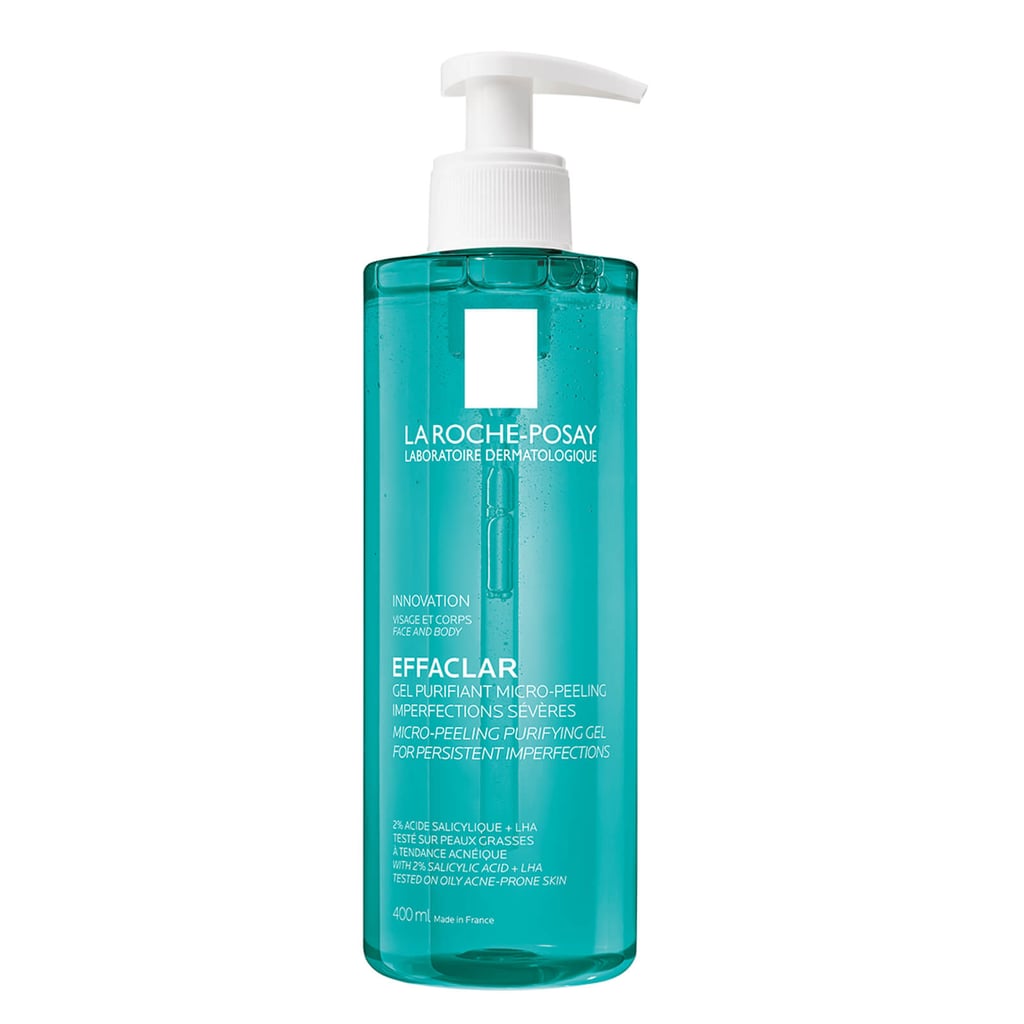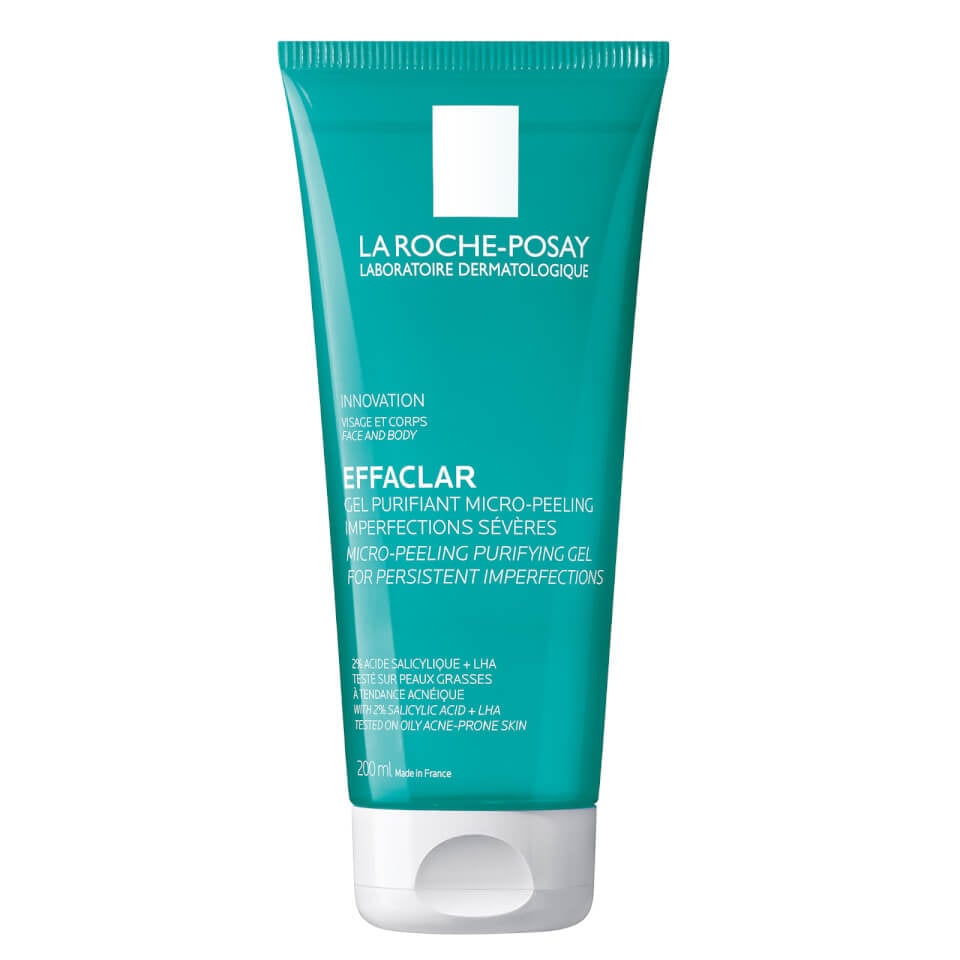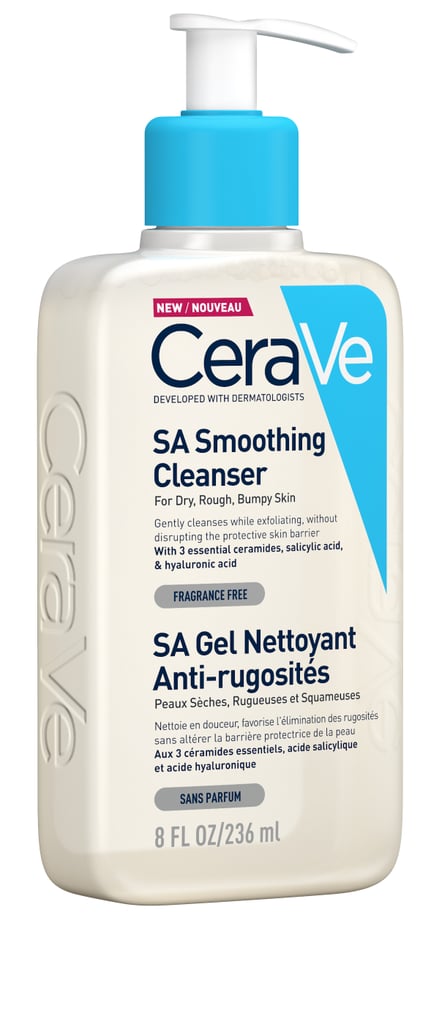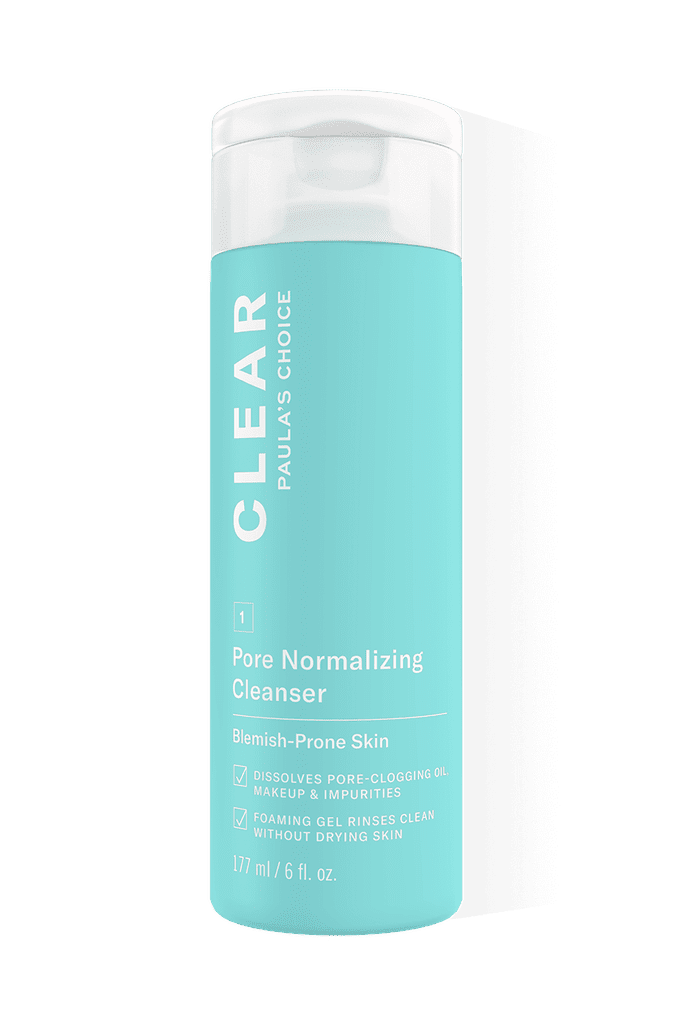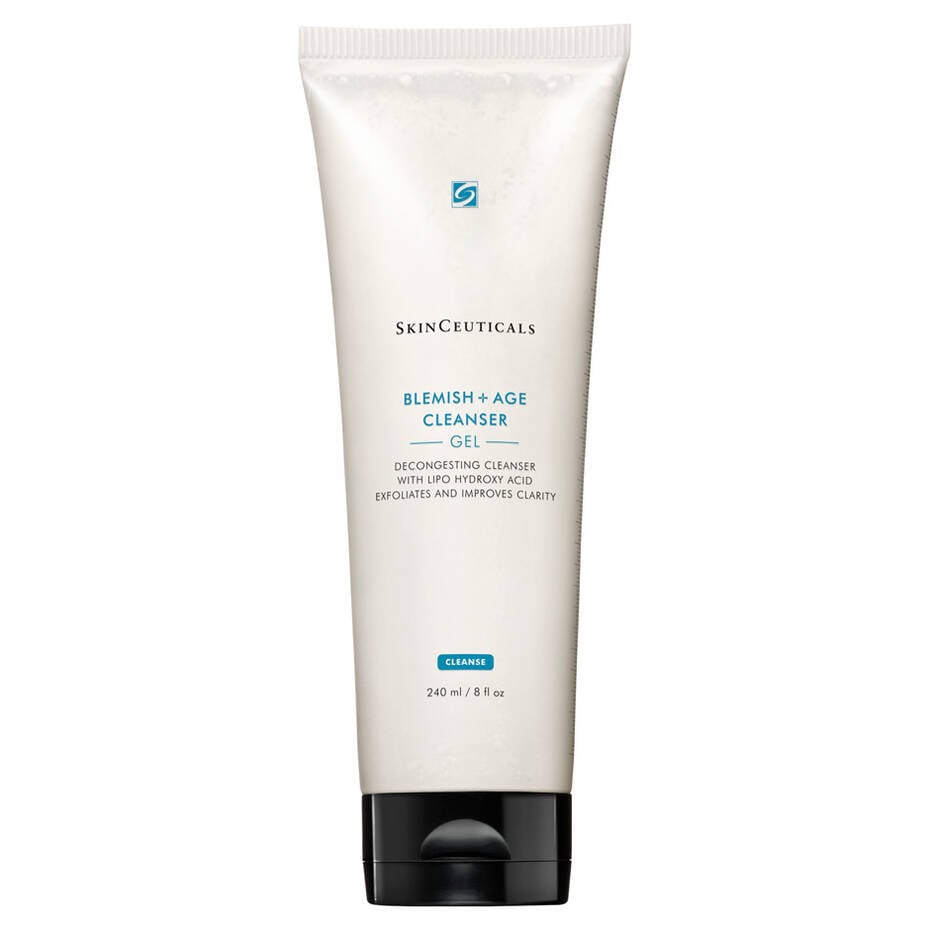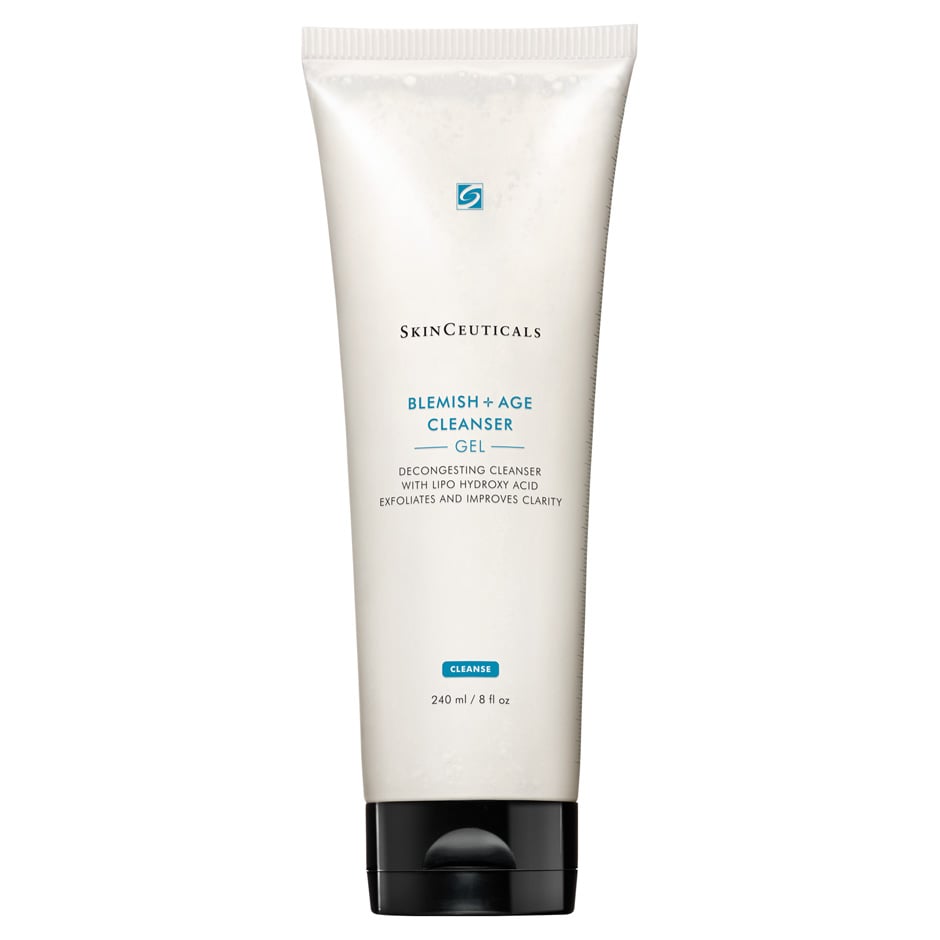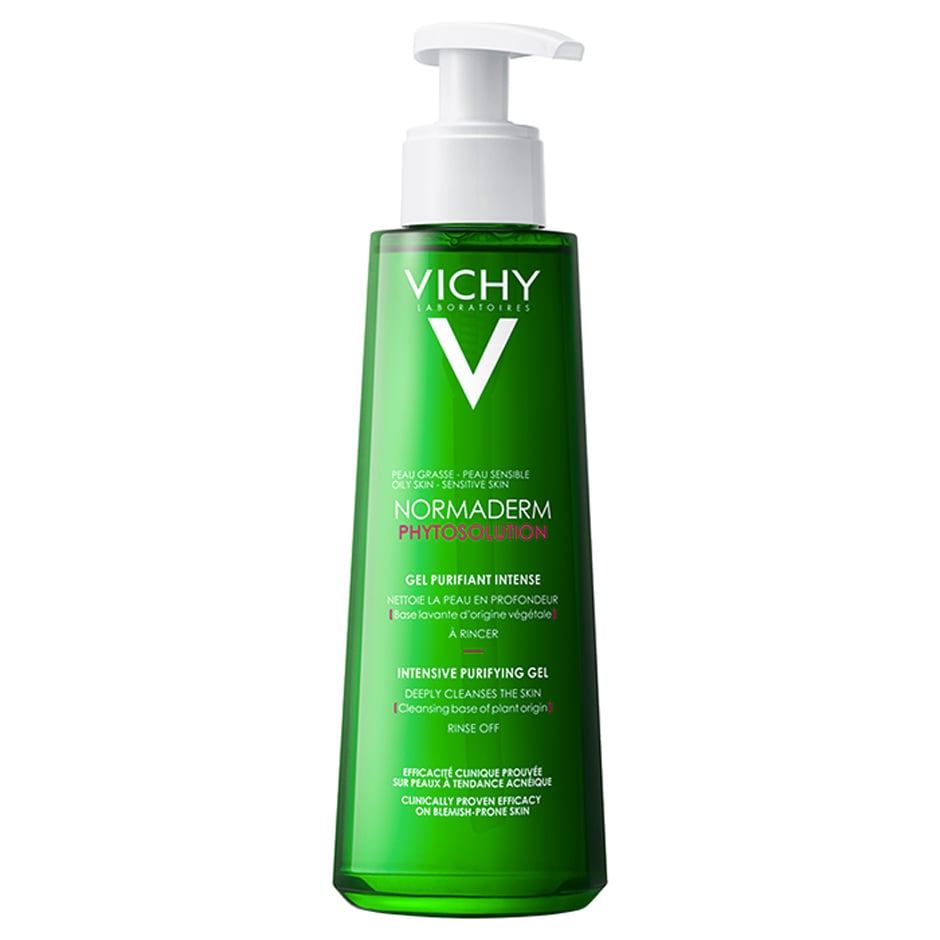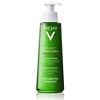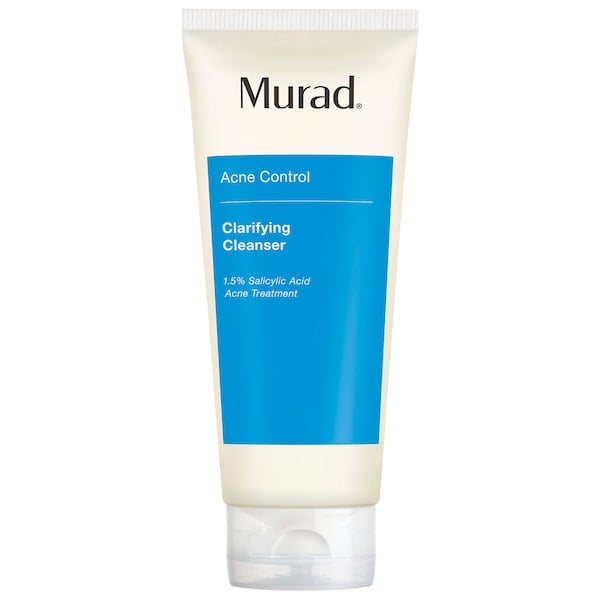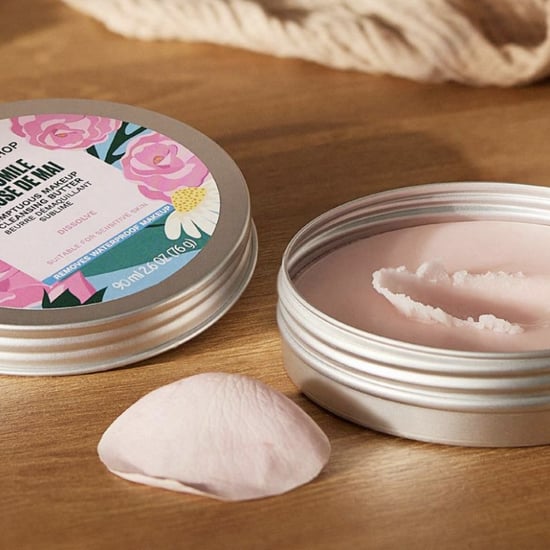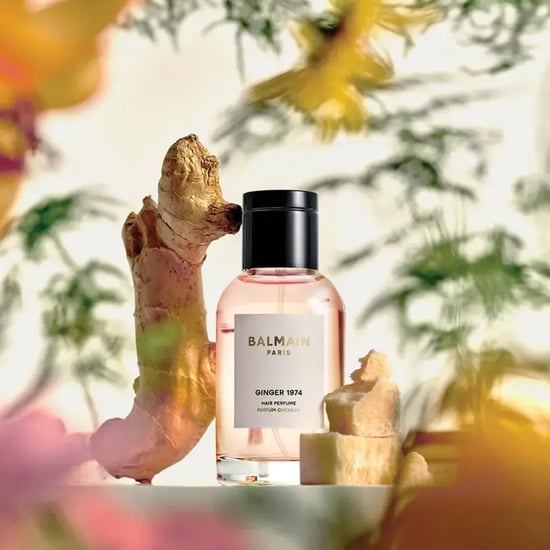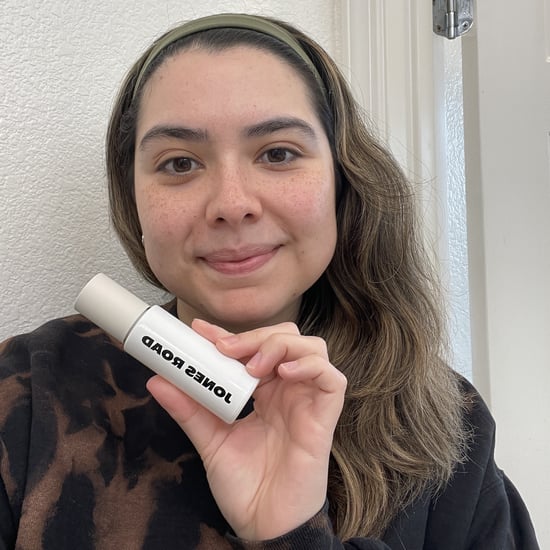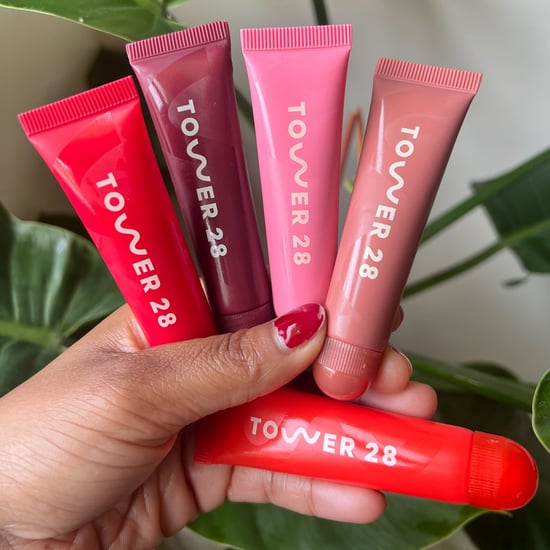The Best Salicylic-Acid Face Washes For Oily Spot-Prone Skin
Dermatologists Love Salicylic-Acid Cleansers For Oily Skin — Here Are Their Favourites
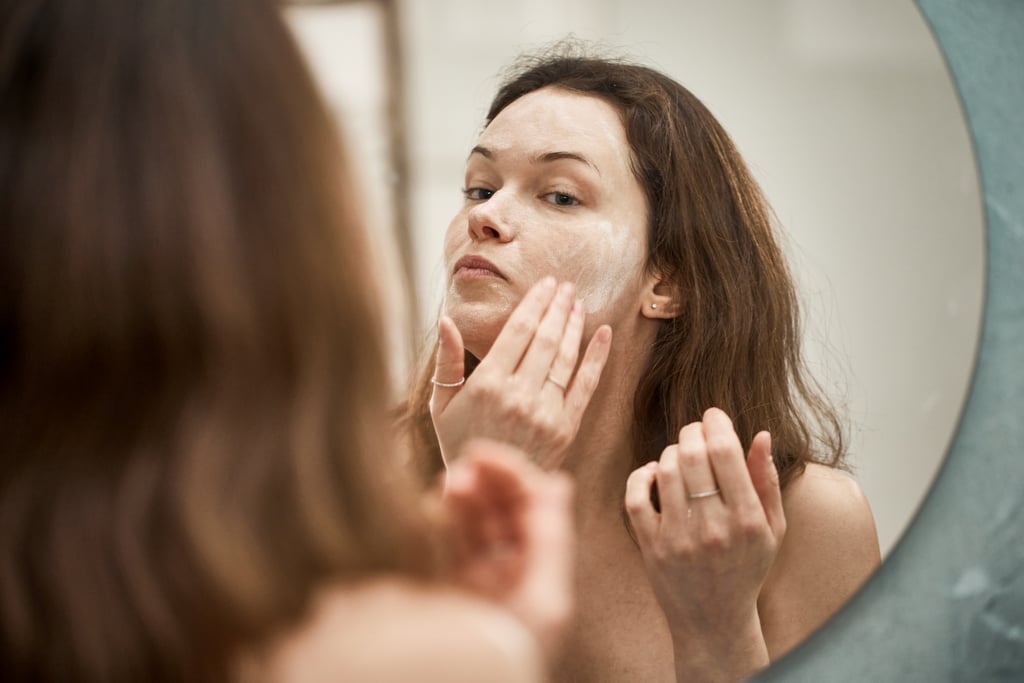
As POPSUGAR editors, we independently select and write about stuff we love and think you'll like too. If you buy a product we have recommended, we may receive affiliate commission, which in turn supports our work.
In general, cleansers have come a long way since drying bars of soap (shudder) and the stripping, foaming face washes that we used to slather all over our faces when we were teenagers. And for oily and spot-prone skin types in particular, it's fair to say cleansers have come even further. Thanks to smart cosmetic chemists, formulations are more effective at removing grime and excess sebum than ever, plus they are far less irritating and don't strip the skin of every last drop of oil imaginable — which is no easy feat. One thing about cleansers for oily and acneic skin, however, is the main ingredient: salicylic acid.
To find out exactly why the ingredient is so great and enduring, we spoke to top dermatologists who gave us all the answers and even let us in on which salicylic face washes are their absolute favourites.
What Is Salicylic Acid?
Salicylic acid is a beta hydroxy acid (BHA) and is derived from willow bark. "Unlike alpha hydroxy acids (AHAs), which are water-soluble, BHAs are oil-soluble, which allows them to penetrate our skin's oil glands to remove debris and dead cells from deep within the pores," said Dr Ife J Rodney of Eternal Dermatology + Aesthetics in Columbia, MD. This deep penetration means salicylic acid is a total powerhouse when it comes to both exfoliating and decreasing excess oil and sebum production. "In addition to being an exfoliant, it also works as a comedolytic (reduces the formation of blemishes) and anti-inflammatory ingredient," Dr Joyce Imahiyerobo-Ip, CEO of Vibrant Dermatology and Skin Bar MD in Greater Boston, MA, told POPSUGAR, which is ideal for oily, acne-prone skin types.
Salicylic acid also works so well, in part, due to its larger molecule size. As we mentioned earlier, the ingredient penetrates deeply into your skin, but because the molecule is on the larger side, it isn't as irritating as its fellow AHAs, which have a smaller molecule and can therefore penetrate even deeper into your skin. All of this makes salicylic acid an ideal option if you have an oily complexion and need a hardworking exfoliating cleanser to remove gunk from your pores but find that your skin can be a little on the sensitive side, too. Although it's a great option for a lot of people, Dr Kristina Semkova, consultant dermatologist at the Cadogan Clinic, warned that "salicylic acid and aspirin belong to the same family, so the acid shouldn't be used if you have a known allergy to aspirin."
Who Can Use Salicylic Acid?
As previously mentioned, salicylic acid is often best for oily and acne-prone skin types because "it's oil soluble and dissolves the contents of the pores and reduces inflammation," Dr Rodney said. "In general, those with sensitive or dry skin should avoid salicylic acid as it can be irritating," Dr Imahiyerobo-Ip explained. Dr Hiva Fassihi, consultant dermatologist for La Roche-Posay, also noted that the ingredient is excellent for teenagers experiencing breakouts, as well as being a good option for breakouts on your body. "You can wash your back with salicylic acid or even your chest if you have slightly oily, spotty skin," she said.
Why Does Salicylic Acid Work Well in a Cleanser?
When it comes to a cleanser, the molecule size plus salicylic acid being oil-soluble means it gets to work immediately, breaking down grime and dead skin cells and clearing congestion. Dr Fassihi said the great thing about using the ingredient in the form of a cleanser is that you can simply use it when you feel like your skin needs it. "I actually have two face washes: I have a face wash for my greasy days, and I have face washes for not-so-greasy; it just depends on what my skin is doing," she said. "I know both are good for my skin, but I would use the one that suits me on that particular day on that particular part of my menstrual cycle."
Dr Rodney recommends starting to use it once, maybe twice a week and then increasing gradually as your skin needs it, provided you haven't experienced any irritation or a reaction.
Expert-Recommended Salicylic Face Washes
If you're wanting to start using a salicylic face wash in your routine, look no further than these dermatologist-recommended salicylic cleansers ahead.
The Inkey List Salicylic Acid Cleanser
Like many of the brand's products, The Inkey List Salicylic Acid Cleanser (£11) is a total favourite among editors, dermatologists, and skinfluencers thanks to its affordable price tag and effective formula. London-based dermatologist Dr Cristina Psomadakis recommended this particular cleanser as it works well to remove makeup (never eye makeup, though!) and also general grime from the day, plus it helps control excess sebum.
La Roche-Posay Effaclar Micro-Peeling Purifying Gel Wash
Dr Fassihi recommended the La Roche-Posay Effaclar Micro-Peeling Purifying Gel Wash (£20) as a daily face wash (provided you don't experience irritation) for those who are on the oilier side and currently have spots, as well as teenagers who are experiencing breakouts. She also rates this product as a body wash if you have acne on your back or congestion on your chest.
Cerave SA Smoothing Cleanser With Salicylic Acid
Another favourite salicylic-acid face wash of both beauty editors and dermatologists is the Cerave SA Smoothing Cleanser With Salicylic Acid (£12). Aside from the star of the show, salicylic acid, the formula also contains hyaluronic acid to hydrate and ceramides to help strengthen the skin barrier — which is exactly why it's one of Dr Psomadakis's favourites.
Paula's Choice Clear Cleanser
"For sensitive, acne-prone skin, I recommend Paula's Choice Clear Cleanser (£17)," Dr Imahiyerobo-Ip said. "It has a lower concentration of salicylic acid and is fragrance-free, which means it can help improve mild acne without irritating sensitive skin."
Skinceuticals Blemish + Age Cleanser
The Skinceuticals Blemish + Age Cleanser (£40) is recommended by both Dr Imahiyerobo-Ip and Dr Rodney since "it combines three powerful acids (salicylic acid, glycolic acid, and lactic acid), which help exfoliate and brighten dull or rough skin," Imahiyerobo-Ip explained. "This cleanser is my go-to for adults with acne-prone skin," Dr Rodney said. "It brings the best of both AHAs and BHAs, combining the acne-fighting benefits of salicylic acid with the exfoliation and hydration of glycolic acid and glycerin."
Vichy Normaderm Phytosolution Purifying Gel Face Wash
Dr Mary Sommerlad, a London-based consultant dermatologist, and Dr Psomadakis both recommend the Vichy Normaderm Phytosolution Purifying Gel Face Wash (£13). "I love the texture because it isn't drying and has a very low [chance of] irritation, making it a great option for people with sensitive skin, on retinoids, or for those using prescription-strength acne treatments," Dr Sommerlad said. "It's also great if you are a bit on the oily side but don't necessarily break out frequently."
Murad Clarifying Cleanser
This top-rated Murad Clarifying Cleanser (£27) actually boasts two types of salicylic acid inside — one that starts working immediately and a second encapsulated one that can continue to work long after the cleanser is rinsed away.

